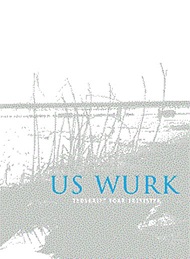A lexical theory of schwa-deletion
Abstract
In this paper I will present an alternative for the analysis of syllabicconsonant syllables in West Frisian as proposed by Visser (1997). Visser
derives such syllables phonologically from schwa-consonantal sonorant
sequences by an unconstrained rule of Schwa-deletion, followed by a
process of syllable reconstruction. My alternative is based on a proposal of
van Oostendorp (1995), who suggests that schwa-deletion should be
accounted for lexically: cases of schwa-deletion are derived by basegenerating
schwa-less syllables, followed by schwa-epenthesis. This lexical
theory replaces the process of syllable reconstruction with resyllabification.
In this paper, I try to outline empirical and analytic consequences of this
conceptual shift. I show that a lexical theory can account for a range of
facts involving consonantal sonorant syllables with and without schwaepenthesis.
In particular, the prohibition on two or more consonantal
sonorant syllables follows quite easily from this theory. The argumentation
concerning analytic differences between my approach and Visser's, makes
use of Progressive Nasal Assimilation as a diagnostic for the syllable
position of a consonantal sonorant. The results support a lexical theory of
schwa-deletion and syllabic consonantal sonorants in Frisian.

